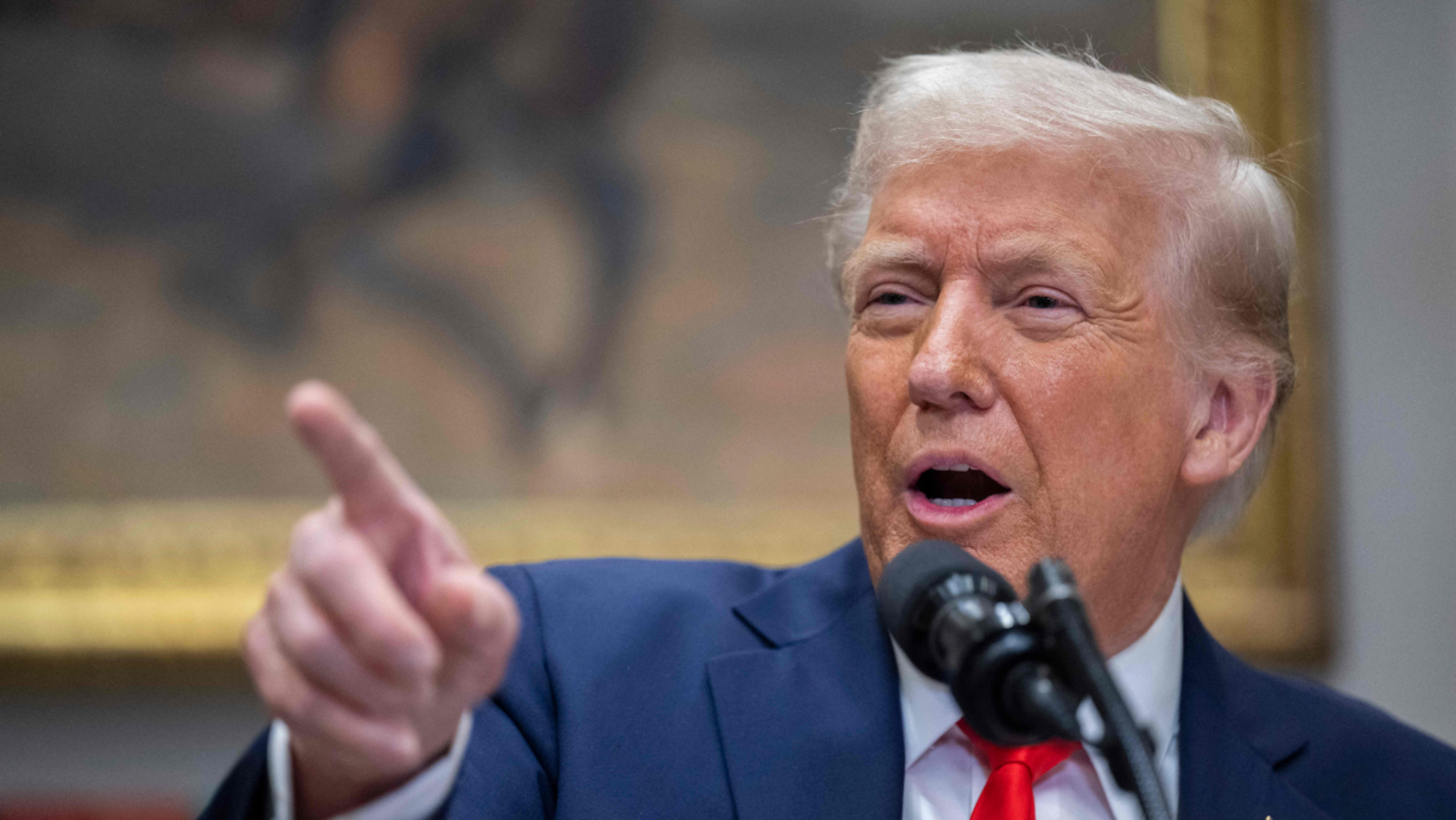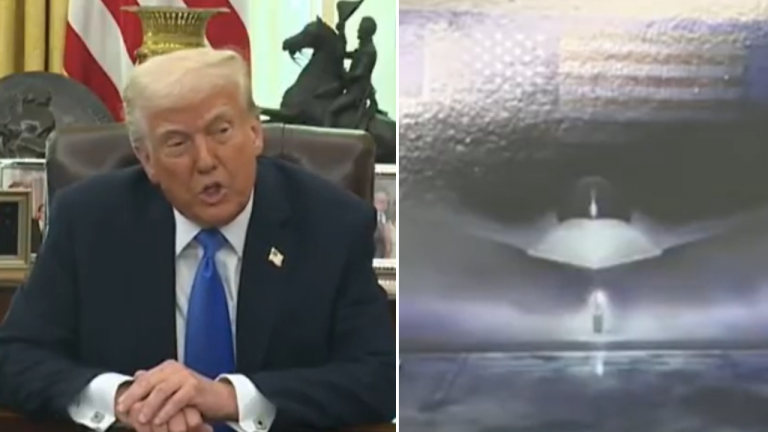In a recent development, former US President Donald Trump has emphasized that imposing tariffs on Canada and Mexico is a strategic move to compel these nations to intensify their efforts in combating fentanyl trafficking and curbing illegal immigration. Trump’s assertion comes amidst escalating tensions over trade policies and border security between the United States and its North American neighbors. The issue of fentanyl trafficking has been a major concern, with the opioid crisis posing a significant threat to public health in the US. By highlighting this issue, Trump aims to pressure Canada and Mexico to take more stringent actions to address the flow of illicit drugs across borders. Additionally, the former President’s stance on illegal immigration underscores the importance of border security and enforcement measures to prevent unauthorized entry into the US. Trump’s emphasis on these issues reflects his administration’s hardline approach towards trade and immigration policies. The implications of these tariffs extend beyond economic considerations, signaling a broader effort to address transnational challenges such as drug smuggling and unlawful migration. As the debate on tariffs and border security continues to unfold, the outcome of these measures will likely have far-reaching implications for diplomatic relations and regional cooperation. The effectiveness of such tactics in achieving desired outcomes remains a subject of debate, with critics questioning the impact of punitive measures on international relations. Nevertheless, Trump’s stance underscores the complex interplay between trade, security, and foreign policy objectives in the North American context.

Posted in
WORLD
Trump imposes tariffs on Canada and Mexico to combat fentanyl trafficking and curb illegal immigration efforts
In Trend

Taiwan Semiconductor to Increase US Chip Production in Support of Trump’s Manufacturing Goals













